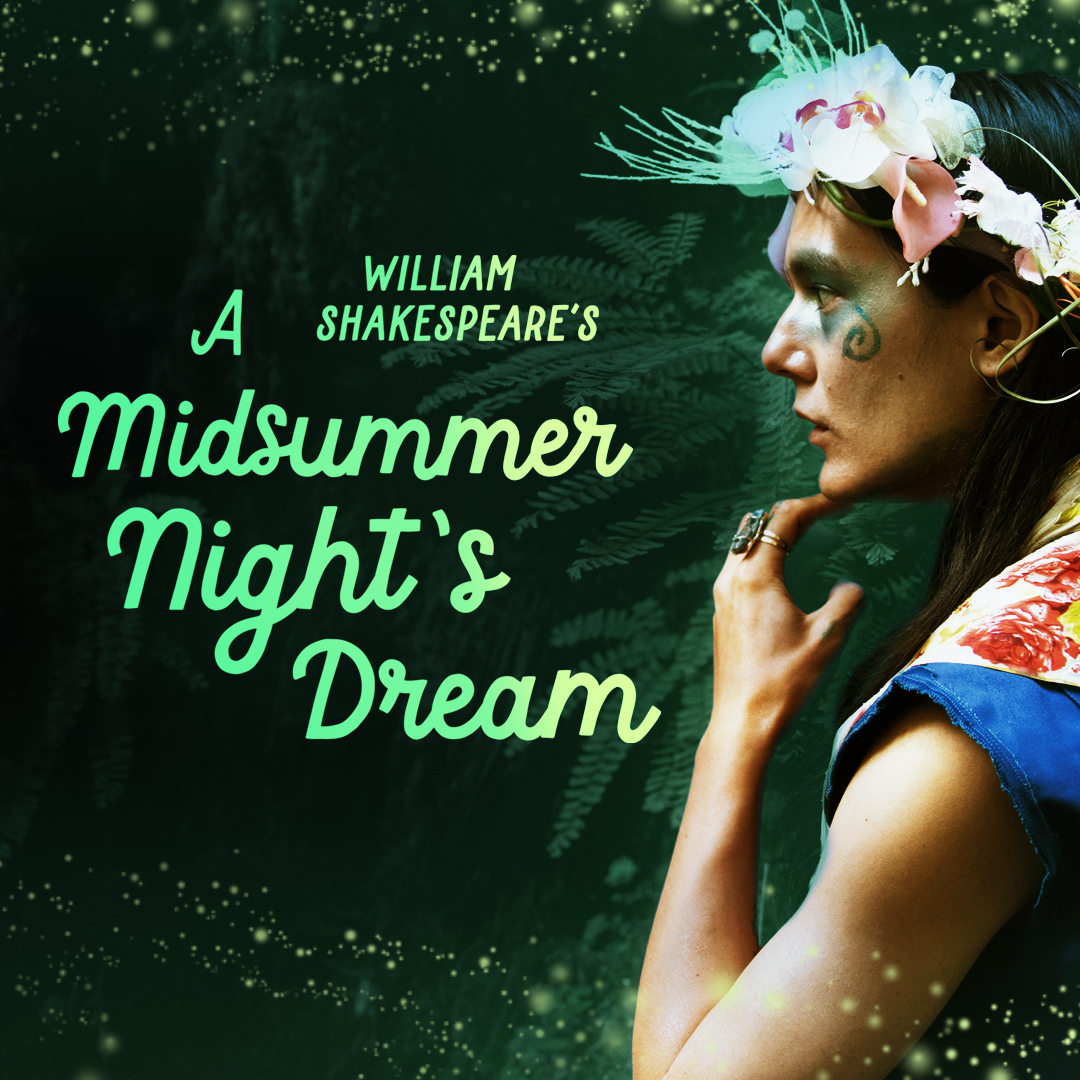Synopsis and Notes on A Midsummer Night's Dream
Notes on Shakespeare’s Magical Comedy
A Midsummer Night’s Dream is one of the most commonly performed works of the Bard, and for good reason. It is a successful comedy, and therefore undoubtedly an audience pleaser, but it is also unique, not only from the rest of Shakespeare’s comedies, but from his entire collection of dramatic works. Although Shakespeare usually receives credit for the rich stories and interweaving plots that compose his plays, the vast majority of these are influenced by and borrowed from existing plays, narrative poetry, historical chronicles, or other primary source material. By contrast, A Midsummer Night’s Dream is a largely original work.
As one of Shakespeare’s early comedies, A Midsummer Night’s Dream was probably composed in 1595 or 1596. Most scholars believe that it was the Bard’s original wedding play, and that it was written for entertainment to accompany a marriage celebration. Furthermore, despite the elusiveness of the specific day or month of the summer night, the title still suggests that the argument of the play is associated with two traditional English country festivals: May-Day and summer solstice. The themes in the play generally accommodate the light-hearted merriment that is established by this setting, but there are of course layered intellectual influences as well. For example, Chaucer’s “The Knights Tale” from Canterbury Tales was a prominent influence in the story. Ovid’s Metamorphoses is also evident both in the overarching theme of transformation, and in the introduction of the story of Pyramus and Thisby, which is then butchered in a performance by the players in the final scene of A Midsummer Night’s Dream.
This comedy is perhaps the most fantastical of Shakespeare’s plays, and most scholars agree that, if it is not the product of his finest dramatic genius, the Bard certainly had a good time writing it. Despite its celebratory purpose, however, many of the fantastical elements of the play are both whimsical and strangely dark. The nearby woods that encompass the fairy kingdom are traditionally English, as well as mythological. The mysterious aspect of the kingdom and its mischievous creatures attribute an unfamiliar and potentially threatening aura to the world of the play. Of course, the enchantment of the audience and the perspective that we gain into the world of magical sprites primarily serves to satirize the classic conundrum of powerless lovers. In fact, the characters of the lovers are only slightly individualized, so that they may further the plot; their larger purpose, however, is to provide a generalized image of the unreason of love, and to prove that love is governed more by nature and the seasons than by the contents of the lovers’ hearts.
Synopsis
A Midsummer Night’s Dream was written between 1594 and 1598. It has three interlocking plots, all involving marriages. The first is the planned marriage between Duke Theseus and the Amazonian queen, Hippolyta; the second involves a mad scramble between four young lovers who fall in and out of love with each other in the depths of the forest; and the third involves the marriage between Titania and Oberon, two fairies who reside in the forest of Athens.
The play’s first scene shows us Hermia, a spirited young woman who refuses to marry Demetrius, the man her father (Egeus) has chosen for her. Egeus calls on Athenian law, which states that a girl must accept her father’s choice of a suitor or else face death. Theseus feels sorry for Hermia and gives her another choice—to live forever as a virgin and worship the goddess Diana.
Hermia is not fond of either choice, and decides to elope with her lover, Lysander, to the forest. She tells her friend Helena of the plan that she and Lysander have hatched. Helena, recently rejected by the man of her dreams, Demetrius, decides to use the information to try to win him back. She reveals Hermia’s plans to Demetrius, but the information backfires when Demetrius decides to pursue Hermia and Lysander into the forest. The lovelorn Helena runs after him.
Next is the storyline shared by Oberon and Titania, the King and Queen of the fairies in the forest. Titania has refused to give up to Oberon her Indian changeling boy, whom Oberon wishes to have as his henchman. To punish her, Oberon orders the fairy Puck to wipe a love potion from a purple flower on Titania’s eyelids while she is sleeping, so that when she wakes, she will fall in love with the first vile creature she sees. The two plots converge when Oberon witnesses Demetrius cruelly insulting Helena, who is still in hot pursuit of him. Oberon orders Puck to wipe the potion on Demetrius’ eyes while he sleeps, so that when he opens his eyes he will see Helena and fall in love with her. But Puck makes a mistake, putting the potion on Lysander’s eyes instead. When Lysander awakens, he happens to see Helena run by, and falls in love with her! Oberon sees this and commands Puck to put the flower potion on the right young man’s eyes. Puck finds Demetrius asleep, puts the love potion on, and sure enough he wakes up just as Helena arrives—pursued by Lysander—and, of course, immediately falls for her as well! Both young men are now in love with Helena, and Hermia can’t believe it, since neither young man wanted Helena at all before the night set in. In fact, Helena herself can’t believe it and thinks the boys are playing a cruel joke on her by only pretending to be in love. After enjoying the confusion for a while, Oberon orders Puck to undo his mistake, and, once the lovers fall asleep on the forest floor, he reapplies his potion so Lysander falls back in love with Hermia.
Things move from the sublime to the ridiculous when Titania awakens from a sleep in which she has been “treated” to Puck’s love potion. She falls in love with an ass! “Ass” is another word for a donkey or a foolish person, and in this case the ass is Bottom, one of the “rude mechanicals” who are busy rehearsing a play they want to perform at Theseus’ and Hippolyta’s wedding. Puck’s mischief has been getting out of control, and he has transformed Bottom’s head so that when Titania opens her eyes to the vision of Bottom, she is in love with an ass!
Eventually, however, all the plots untangle and everything works out. Oberon gets the changeling boy he wants and all is well between the fairies. When Theseus and Hippolyta come to the forest for a morning hunt, they awaken the four young lovers. Since Demetrius no longer loves Helena, Theseus overrules Egeus’ edict and declares that Lysander should marry Hermia and Demetrius should marry Helena. The lovers decide that they must have been caught in a dream, and, at the wedding feast, they all sit merrily and watch the ridiculous version of the tragedy of Pyramus and Thisbe put on by the rude mechanicals.
Portland Center Stage is committed to identifying & interrupting instances of racism & all forms of oppression, through the principles of inclusion, diversity, equity, & accessibility (IDEA).


















